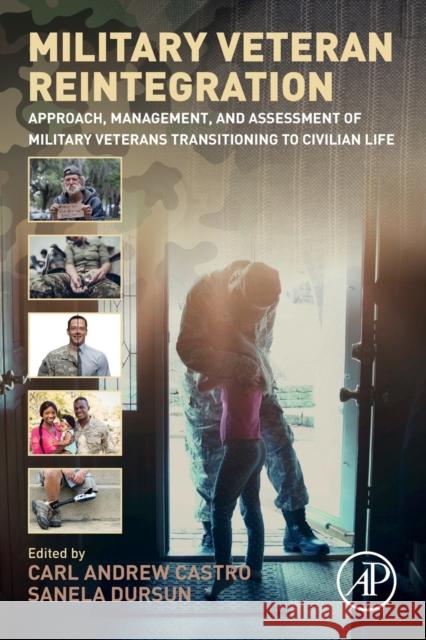Military Veteran Reintegration: Approach, Management, and Assessment of Military Veterans Transitioning to Civilian Life » książka
topmenu
Military Veteran Reintegration: Approach, Management, and Assessment of Military Veterans Transitioning to Civilian Life
ISBN-13: 9780128153123 / Angielski / Miękka / 2019 / 270 str.
Military Veteran Reintegration: Approach, Management, and Assessment of Military Veterans Transitioning to Civilian Life
ISBN-13: 9780128153123 / Angielski / Miękka / 2019 / 270 str.
cena 308,51
(netto: 293,82 VAT: 5%)
Najniższa cena z 30 dni: 304,74
(netto: 293,82 VAT: 5%)
Najniższa cena z 30 dni: 304,74
Termin realizacji zamówienia:
ok. 16-18 dni roboczych.
ok. 16-18 dni roboczych.
Darmowa dostawa!
Kategorie:
Kategorie BISAC:
Wydawca:
Academic Press
Język:
Angielski
ISBN-13:
9780128153123
Rok wydania:
2019
Ilość stron:
270
Waga:
0.36 kg
Wymiary:
22.91 x 15.19 x 1.45
Oprawa:
Miękka
Wolumenów:
01
Dodatkowe informacje:
Bibliografia











